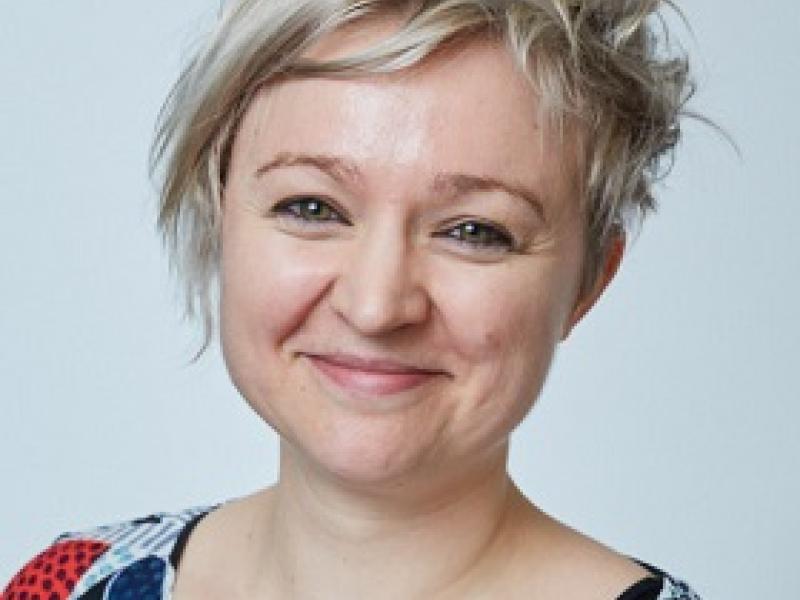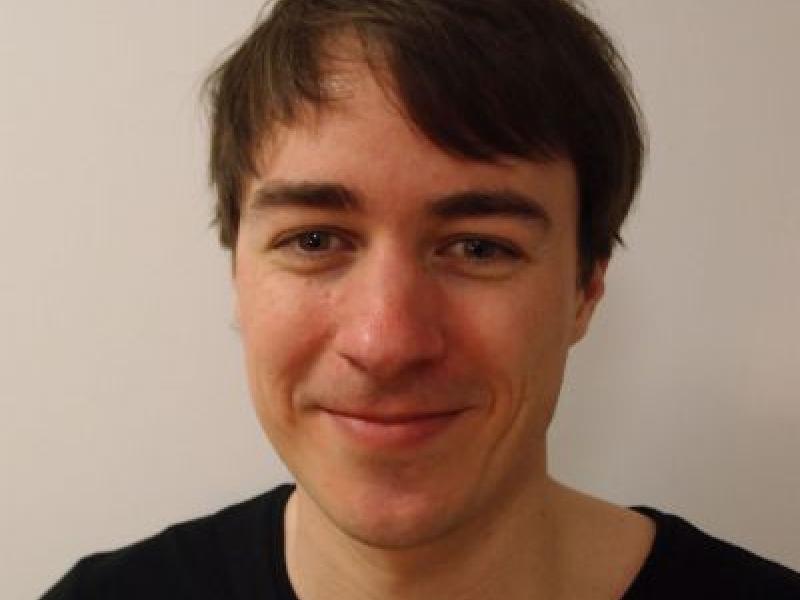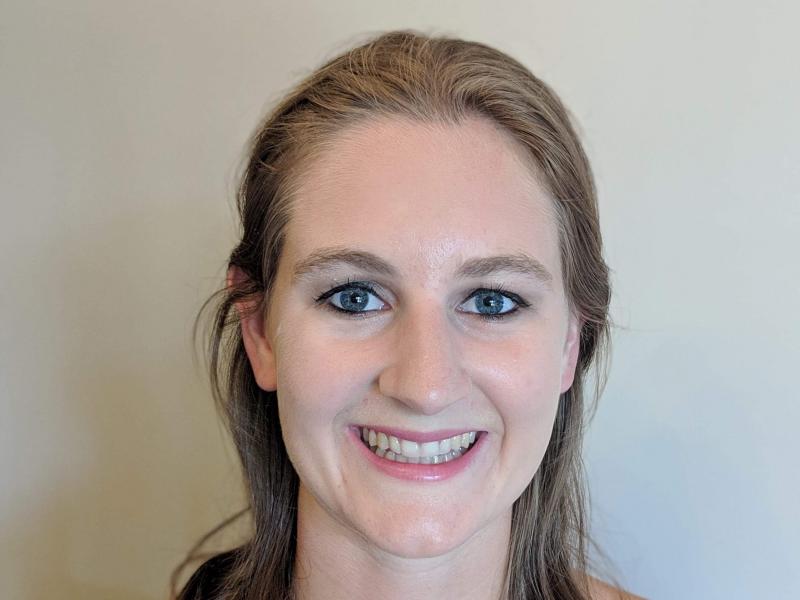Principal Investigators:
Related people:
The Cluster Cluster: A cluster of research activity advancing cluster randomised trials design and analysis
Cluster randomised trials (CRTs) are often the only choice for a randomised trial when interventions are applied at a group level. However, the loss of precision resulting from the clustering of individuals within a group means that such trials may require a large number of clusters when using conventional parallel-arm cluster randomised designs, and in many cases, more clusters than is available. When a CRT is the only option for assessing the impact of an intervention but the CRT is not feasible to conduct novel approaches are needed to progress the science.
A way forward lies in longitudinal CRT designs, such as the stepped wedge and cluster crossover designs, where clusters are followed up over more than one period, and may switch between intervention and control conditions during the trial. Statistical power is increased because each cluster is compared not only to other clusters, but also to themselves. However statistical methodology for the design, analysis and reporting of longitudinal CRTs requires substantial development.
The ‘Cluster Cluster’ is a group (a ‘cluster’) of researchers based at Monash University with close collaborative links with researchers in the UK, USA, and Canada. The group is engaged in a broad array of methodological research in longitudinal CRTs that spans four major areas of development:
- Efficient ‘incomplete’ cluster randomised trial designs in which not all clusters are required to collect data for the entire trial duration;
- More realistic within-cluster correlation structures and selection of an appropriate correlation structures with empirical data;
- Methods to account for non-compliance to assigned interventions using causal inferential approaches;
- Trial designs and analysis methods for assessment of multiple interventions simultaneously.
Collaborators:
- Dr Schadrac Agbla (UK)
- Prof Andrew Copas (UK)
- Prof Karla Hemming (UK)
- Prof Richard Hooper (UK)
- Prof Jim Hughes (USA)
- Prof Fan Li (USA)
- Prof Monica Taljaard (Canada)








